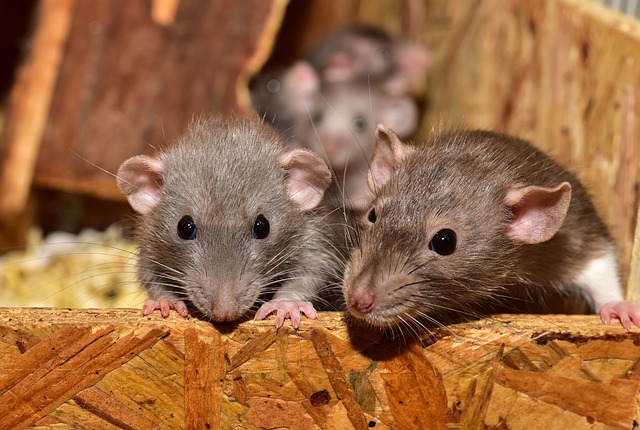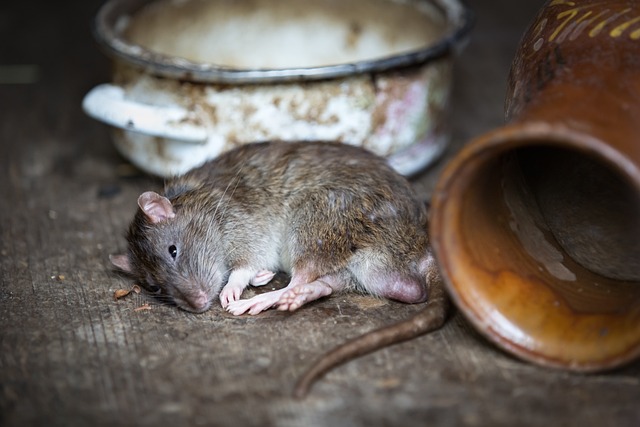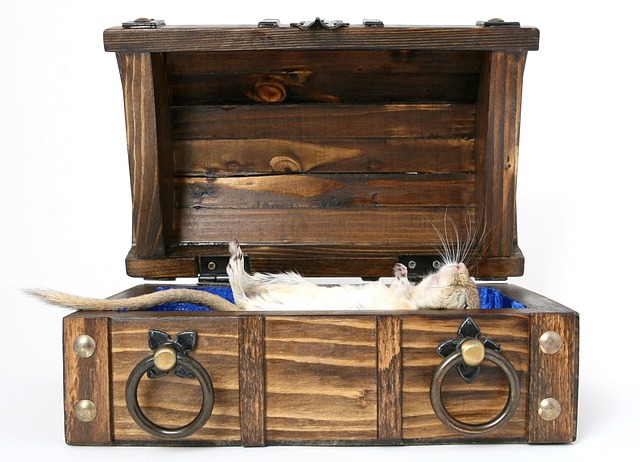Killing Rats with salt: Rats are common household pests that can cause a lot of damage and spread diseases. Many people wonder if salt is an effective way to kill rats. While salt has many household uses, killing rats is not one of them. In fact, using salt to kill rats can be dangerous and ineffective.
Salt is a commonly used household product that has a variety of uses, such as seasoning food and melting ice on sidewalks. However, using salt to kill rats is not a safe or effective method. Rats are highly adaptable animals that can survive in a variety of environments and can quickly learn to avoid danger. Salt does not have a lethal effect on rats and can instead cause harm to other animals and the environment.
Can You kill rats with salt ?
Some people believe that salt can be used to kill rats by causing dehydration. However, this is a myth. Rats are able to obtain water from the food they eat and can survive for long periods without drinking water. Even if salt did cause dehydration, it would not be a quick or humane method of killing rats. Instead, it would cause a slow and painful death.
Using salt to kill rats can also be harmful to other animals and the environment. Salt can be toxic to many types of animals, including birds, squirrels, and domestic pets. Salt can also have a negative impact on soil and vegetation, leading to long-term environmental damage.
Using salt to kill rats is not a safe or effective method. There are many humane and effective ways to control rat populations, such as using traps and bait stations. If you have a rat problem, it is best to consult with a pest control professional to determine the most appropriate and safe method of control.
How does salt react on rats ?
Salt does not have a lethal effect on rats and does not react in any specific way when it comes into contact with them. Rats are highly adaptable animals that can tolerate a wide range of environments and can quickly learn to avoid danger. Some people believe that salt can be used to kill rats by causing dehydration, but this is a myth. Rats are able to obtain water from the food they eat and can survive for long periods without drinking water.
If a rat were to come into contact with salt, it would likely have no significant reaction. However, using salt to try and kill rats is not a safe or effective method. Instead, it can cause harm to other animals and the environment. It is important to use humane and effective methods to control rat populations, such as traps and bait stations.
Is it illegal to kill rats in US ?
No, it is not illegal to kill rats in the US. Rats are considered pests and can cause damage to property, spread disease, and pose a threat to public health. Therefore, it is generally legal to kill rats as long as it is done in a humane and legal manner.
However, it is important to note that there may be local laws or regulations that govern how rats can be controlled or killed. For example, some cities or states may prohibit the use of certain types of poisons or require that traps be checked and emptied regularly to prevent animal suffering. It is important to check with local authorities or a pest control professional to ensure that any rat control measures are legal and safe.
It is also important to use humane methods when killing rats, such as instant-kill traps or humane euthanasia. The use of inhumane methods, such as glue traps or drowning, can cause unnecessary suffering and may be illegal in some areas.
In summary, while it is generally legal to kill rats in the US, it is important to do so in a humane and legal manner, and to check for any local laws or regulations that may govern rat control.
Tips to Avoid Rat Infestation in Your Home
Ther are some effective method is to prevent them from coming into your home in the first place. Here are some things to ensure the rodents stay out:
1. Take out the trash frequently- It is important to dispose of your daily trash responsibly to prevent rats from feeding on it. Rats tend to flourish on garbage and waste, hence disposing of it regularly can prevent their presence. By ensuring that there is no food source for rats, you can effectively keep them away.
2. Keep your home clean- It is common knowledge that basic hygiene practices can help keep rats away from your surroundings. Regularly cleaning your floors by vacuuming or sweeping can be effective in preventing rats from taking up residence.
3. Don’t Left anything around – it is important to ensure that there are no items left lying around on the floor that might provide hiding places for rats. Maintaining cleanliness in all areas of your home is the best approach to discourage rats from taking up residence.
How to Build an Effective Salt-Based Bait?
Salt is a commonly available item, but rats do not have a natural inclination to eat it. Homeowners looking to attract rats can try using food that rats typically enjoy, such as cheese. While cheese is often portrayed as a rat’s favorite food, this is not entirely accurate. However, rats will consume cheese if it is available, as they will eat almost anything to survive. One advantage of using cheese as bait is that it has a strong scent that appeals to rats, who have a highly developed sense of smell.
To use cheese as bait, a standard slice of blue cheese with at least 80 grams of salt can be used. Depending on the strength of the cheese’s odor, the rat may eat the entire slice, which would be a success since the goal is to eliminate rats from the home. It is also important to remove any sources of water from the surrounding area. It is best to place the salted cheese slice outdoors, away from pets and children, to prevent the rat from creating an unpleasant odor inside the house.
Conclusion
Salt is a frequently used ingredient for making homemade bait or poison to eliminate rats. The effectiveness of salt in killing rats depends on the right quantity used. To achieve the desired results, it is recommended to mix a minimum of 80 grams of salt with cheese or peanut butter.
It is essential for homeowners to ensure that all water sources are closed, and any existing water in the sink should be discarded. While this approach has its limitations, it is still the best option, particularly for dealing with a small number of rats.


